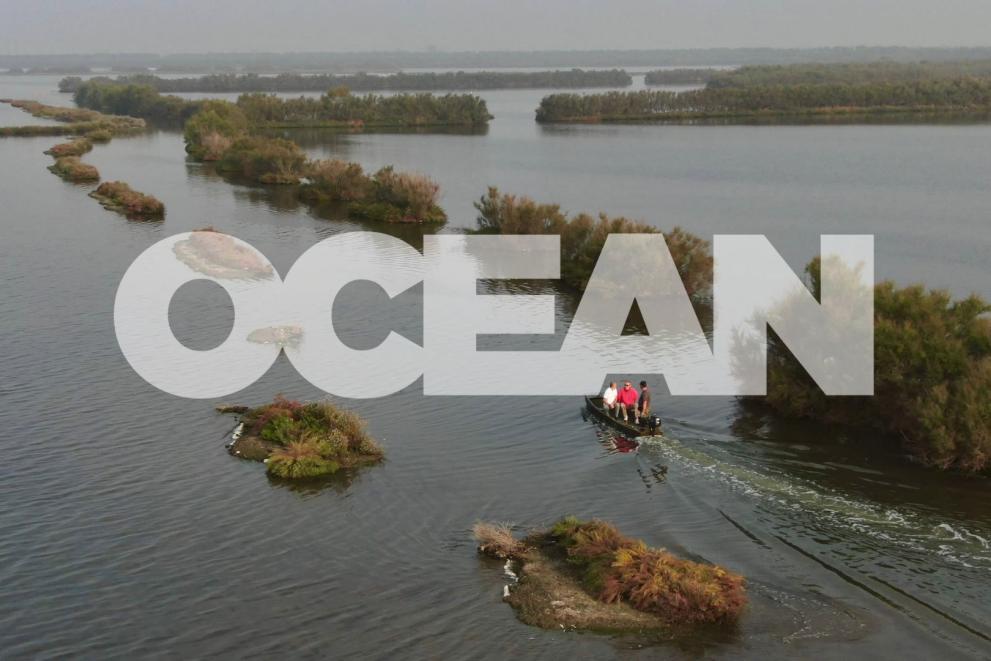
83% of the global carbon cycle is circulated through the ocean. Coastal ecosystems like mangroves, tidal marshes and seagrasses sequester and store 'blue' carbon from the atmosphere and oceans in both the plants and the sediment below, and hence are an essential piece of the solution to global climate change. While covering less than 2% of the total ocean area, coastal habitats account for approximately half of the total carbon sequestered in ocean sediments.
In this episode, we meet scientists monitoring CO2 fluxes at salt marches in Derrymore County, Ireland; in The Netherlands, we see some of the famous polders turned back into wet peatland, helping restore natural carbon cycle and local biodiversity while producing valuable biomaterials for construction and packaging industries; finally, we see declining coastal seagrasses in Italy recovered using a simple innovative method, developed in the EU-funded LIFE-TRANSFER project.
Read the full article on Euronews website
OCEAN is a Euronews magazine in collaboration with the Directorate-General for Maritime Affairs and Fisheries (MARE). It features monthly 8-minute videos, where we discover fascinating projects and developments related to the ocean and coastal communities.
Broadcast since 2019, OCEAN features episodes on marine protected areas, small-scale fisheries, ocean energy, aquaculture, IUU fishing, sustainable fisheries and much more. Missed one? Check them out on the Euronews website! You will also find some nice extras about these topics.
Share on social media, tag @EU_MARE and @euronews and use the hashtag #oceanEU
Details
- Publication date
- 29 November 2023
- Author
- Directorate-General for Maritime Affairs and Fisheries
